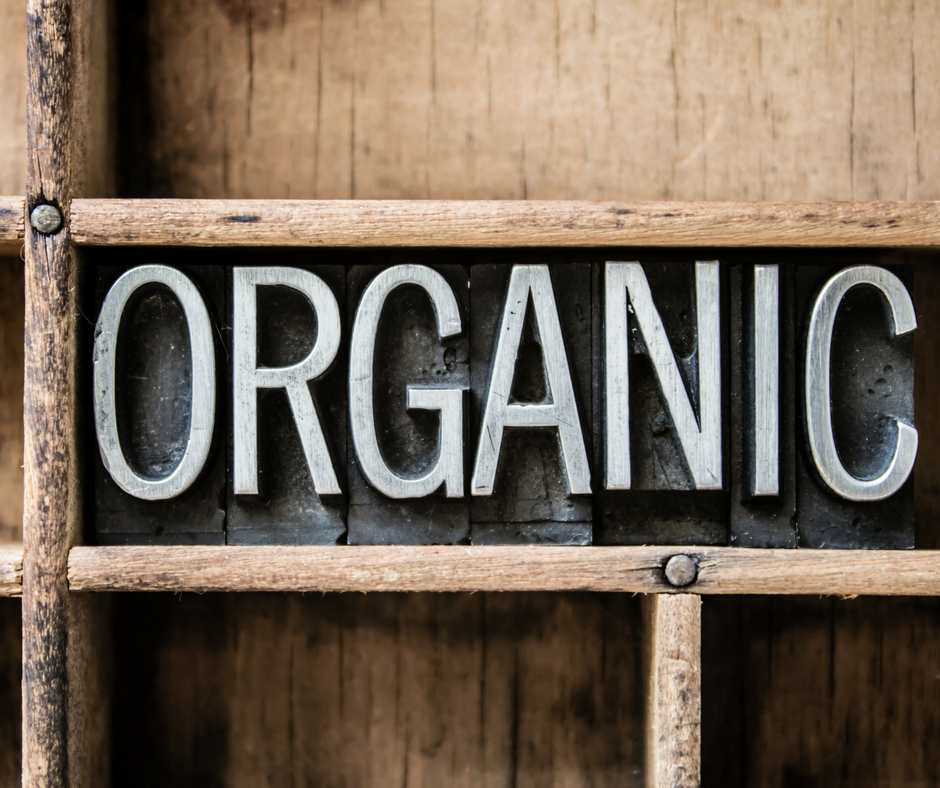The choice of eating only organic is appealing to idealists everywhere. With rumours about organic product being more nutrient dense, having less harmful chemicals, and better for the environment.
Is eating organic something that you should be doing? The answer to that is a resounding… maybe.
First things first
Before getting into the nitty-gritty details of vitamins, minerals, trace levels of chemicals, let’s take a step back first. Are you, in fact, eating the right amounts from each of the food groups in the first place? That is, 2-3 serves of fruit a day, 5 or more serves of vegetables or salad, 2-3 serves of reduced fat and no added sugar dairy products, a serving of lean protein or meat alternative, and plenty of whole grains.
The majority of us aren’t, and if this is you, then in the grand scheme of things whether you are buying organic or not isn’t going to have anywhere near as big an impact on your health and nutritional status as just making sure that you are eating well in general.
Fruit
One serving of fruit is a piece the size of a tennis ball, 2 golf ball sized pieces, or 1 cup chopped up. Bonus points for leaving skin on or for edible seeds. Be wary of dried fruit or fruit juice, which is more concentrated in natural sugar.
Vegetables
A serving of vegetables is half a cup of cooked vegetables, or 1 cup of salad vegetables. Be mindful of portions when it comes to more starchy vegetables such as potato, sweet potato, corn, peas, pumpkin, parsnip, and try and include plenty of non-starchy vegetables to make up the bulk of meals.
You should aim for vegetables at both lunch and dinner, or even breakfast!
Protein
Lean meat, poultry, or fish prepared in a healthy way such as boiling, steaming, grilling, or oven baking with just a small amount of healthy oil such as olive or rice bran oil is a good idea. A size about the palm of your hand is the right portion size, fish a little more.
If you want to enjoy meat free meals sometimes you can substitute in eggs, nuts, legumes, or tofu. Avoid heavily salted forms of protein, and be wary of processed meat.
Dairy
If you can tolerate dairy, choose 2-3 serves a day. A serve is a glass of milk, 2 slices of light cheese, 1 tub no added sugar yoghurt etc. If lactose is a problem then soy milk may be your next best option. Be careful of rice or almond milk, sugar content can be much higher and calcium levels much lower.
Whole grains
Grainy bread, brown rice, grainy crackers, whole grain unprocessed cereals, and wholemeal pasta are great options. The least processed the better as a general rule.
If you are meeting all of these requirements on a daily basis, and your budget allows for the additional cost of organic produce, by all meals swap your local supermarket purchase for the organic farmers market. If however like most of us you aren’t getting your recommended daily intake from each of the food groups, it might be best to start there and make improvements afterward.

